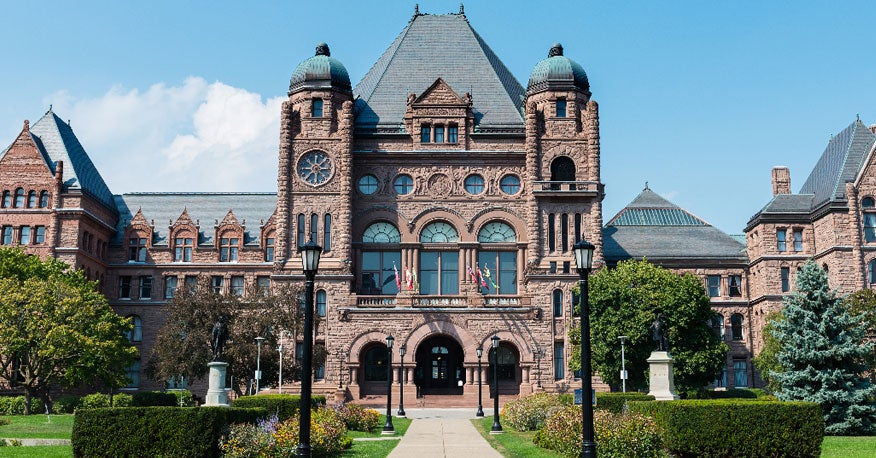FRED HAHN, GUEST COMMENTARY
(Craig Robertson/Postmedia Network)
Universal social programs are rightfully a point of pride for Canadians. They speak to our shared sense of identity and our desire for an inclusive and fair society. They benefit us all, provide economic security and are efficient. Because everyone participates in and benefits from their universal nature, they are also widely supported.
That is why we created the Canada Pension Plan (CPP) in 1965 as a universal program. We saw a need to protect people’s economic security after retirement and wanted to make sure every worker was able to benefit.
Today, the overwhelming majority of Canadians see the need to enhance the CPP so that people are able to retire without worrying about how to pay the bills. The only sensible way to expand the CPP is to build on the existing model of universality, increasing both workers’ and employers’ contributions slightly so that we can double our retirement incomes from the plan.
Sadly, this goal of improving the lives of retirees has been stymied by governments pandering to wildly exaggerated, and simply untrue, fears that we can’t afford CPP expansion. The reality is quite the opposite: We cannot afford to delay CPP expansion any longer. Too many Canadians are being left unable to live with dignity in old age because government after government has failed to ensure our universal retirement security programs keep up with inflation.
Expanding the CPP for everyone has been the goal of the Canadian labour movement for a very long time. Union activists and leaders have been fighting for years to get improved public pensions for every single Canadian.
That goal was blocked by Prime Minister Stephen Harper at every turn. His resistance is the reason Kathleen Wynne and the Ontario Liberal government first floated the idea of the Ontario Retirement Pension Plan (ORPP).
Sadly, the ORPP is now the very thing torpedoing the goal of universal CPP expansion.
Last week, the Ontario provincial budget was tabled, including features moving us closer to ORPP introduction. The idea of the ORPP may have been a good one back when the Harper Government was blocking any attempt to expand CPP – but it only made sense if the ORPP was designed on the same basis as the CPP.
If an Ontario plan was designed on the same universal principles as the CPP, then it could be rolled into a future CPP expansion covering everyone across Canada.
But that is not what happened. The ORPP design is not universal. In fact, it will create a two-tiered system that takes direct aim at our cherished public pension system.
The ORPP exempts workers who have a “comparable” workplace pension plan. This exemption, which leaves some of our family, friends and neighbours in Ontario out of the ORPP, was already dangerously divisive, but now the plan’s two-tiered system is a threat to the foundational, universal principles of the CPP.
The proof is in the Wynne government’s clear statement that it intends to push for CPP expansion along the same lines as the ORPP. The budget itself lays it out: “CPP enhancement must be timely and provide a level of adequacy and targeted coverage that is consistent with the ORPP.”
This seems to indicate the Wynne government is asking the Trudeau government not to expand CPP for everyone, but only for some, just as the “targeted” ORPP excludes millions. Were this to happen, the CPP would no longer be a universal social program and would become two-tiered.
The government of Ontario is a major player in national public pension discussions. An expanded CPP requires the consent of Ontario. If Wynne insists on using her two-tiered ORPP to form the basis for CPP expansion, then the dream of CPP expansion to benefit everyone is doomed. In this way, the ORPP could mean the end of universality – the cornerstone to one of our most cherished Canadian programs.
For this reason, the non-universal ORPP must be stopped, for the sake of all Canadians.
Years of experience have shown that once programs introduce elements that aren’t universal, pressure mounts to convert the entire programs to the lower portion of the two-tier scheme.
Now is the time for the Ontario Liberals to press pause on their problematic ORPP and provide the leadership needed to universally enhance the CPP for future generations. Any continued promotion by Ontario of a two-tiered expansion is a direct attack on everyone’s retirement futures and an affront to the very essence of what we pride ourselves on as Canadians.
Fred Hahn is the president of CUPE Ontario



